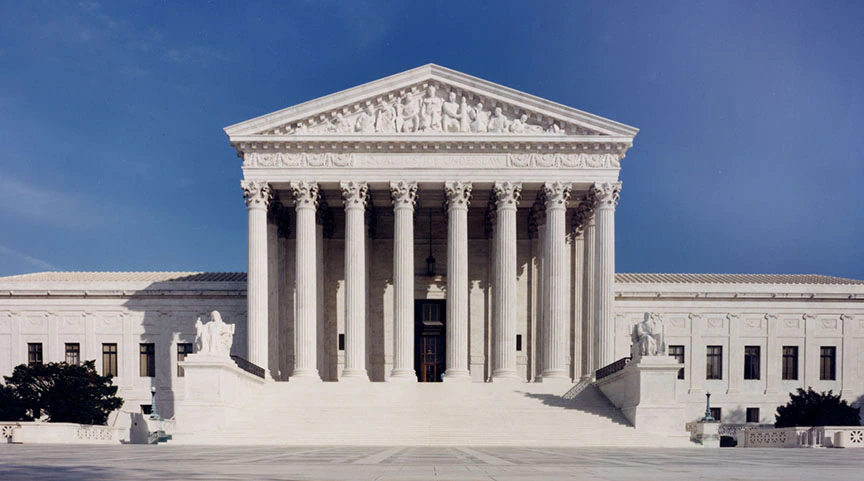
SCOTUS Delivers Three Controversial Decisions – Part 2 – College Student Loan Forgiveness
By Sarah Clendenon • July 7, 2023In recent weeks the Supreme Court has delivered three decisions on issues of interest and importance to Americans. The topics include affirmative action, college student loan debt forgiveness, and compelled speech – a First Amendment question. You can find the article on affirmative action here: SCOTUS Delivers Three Controversial Decisions – Part 1 – Affirmative Action – Idaho Dispatch We will cover the free speech case in Part 3.
CASE 2: COLLEGE LOAN FORGIVENESS: The college student loan forgiveness case, POTUS Biden v Nebraska et al., involves the question of the federal government erasing loans for some borrowers.
In 2022 the US Secretary of Education used the HEROES Act waivers and modifications to discharge certain student loan debt for certain borrowers (those with income below a particular threshold and those who had received Pell Grants). Six states argued the Secretary did not have the authority to make such a move. The case came before the Supreme Court.
“The issue presented in this case is whether the Secretary has authority under the Higher Education Relief Opportunities for Students Act of 2003 (HEROES Act) to depart from the existing provisions of the Education Act and establish a student loan forgiveness program that will cancel about $430 billion in debt principal and affect nearly all borrowers.”
The Court’s decision was split six to three with Justices Roberts, Thomas, Alito, Gorsuch, Kavanaugh, and Barrett concurring and Justices Sotomayor, Kagan, and Jackson dissenting.
Chief Justice Roberts wrote the opinion of the Court, which began,
“Outstanding federal student loans now total $1.6 trillion extended to 43 million borrowers. Letter from Congressional Budget Office to Members of Congress, p. 3 (Sept. 26, 2022) (CBO Letter). Last year, the Secretary of Education established the first comprehensive student loan forgiveness program, invoking the Higher Education Relief Opportunities for Students Act of 2003 (HEROES Act) for authority to do so. The Secretary’s plan canceled roughly $430 billion of federal student loan balances, completely erasing the debts of 20 million borrowers and lowering the median amount owed by the other 23 million from $29,400 to $13,600. See ibid.; App. 243. Six States sued, arguing that that the HEROES Act does not authorize the loan cancellation plan. We agree.”
Concurring with the opinion of the Court, Roberts also wrote,
“The HEROES Act allows the Secretary to “waive or modify” existing statutory or regulatory provisions applicable to financial assistance programs under the Education Act, but does not allow the Secretary to rewrite that statute to the extent of canceling $430 billion of student loan principal.”
Advertisement
Justices Sotomayor, Kagan, and Jackson joined together to provide the dissenting opinion, which said in part,
“In every respect, the Court today exceeds its proper, limited role in our Nation’s governance. Some 20 years ago, Congress enacted legislation, called the HEROES Act, authorizing the Secretary of Education to provide relief to student-loan borrowers when a national emergency struck. The Secretary’s authority was bounded: He could do only what was “necessary” to alleviate the emergency’s impact on affected borrowers’ ability to repay their student loans. 20 U. S. C. §1098bb(a)(2). But within that bounded area, Congress gave discretion to the Secretary. He could “waive or modify any statutory or regulatory provision” applying to federal student-loan programs, including provisions relating to loan repayment and forgiveness. And in so doing, he could replace the old provisions with new “terms and conditions.” §§1098bb(a)(1), (b)(2). The Secretary, that is, could give the relief that was needed, in the form he deemed most appropriate, to counteract the effects of a national emergency on borrowers’ capacity to repay. That may have been a good idea, or it may have been a bad idea. Either way, it was what Congress said.
When COVID hit, two Secretaries serving two different Presidents decided to use their HEROES Act authority. The first suspended loan repayments and interest accrual for all federally held student loans. The second continued that policy for a time, and then replaced it with the loan forgiveness plan at issue here, granting most low- and middle-income borrowers up to $10,000 in debt relief. Both relied on the HEROES Act language cited above. In establishing the loan forgiveness plan, the current Secretary scratched the pre-existing conditions for loan discharge, and specified different conditions, opening loan forgiveness to more borrowers. So he “waive[d]” and “modif[ied]” statutory and regulatory provisions and applied other “terms and conditions” in their stead. That may have been a good idea, or it may have been a bad idea. Either way, the Secretary did only what Congress had told him he could.”
This decision strikes down the possibility of college loan borrowers seeing any additional debt forgiven by the federal government, an issue discussed at length by President Biden during his campaign.
Feature image courtesy of Home – Supreme Court of the United States
Related posts:
Tags: Alito, Barrett, Biden, Gorsuch, HEROES Act, Jackson, Kagan, Kavanaugh, Nebraska, POTUS, Roberts, Sotomayor, Student Loan Bailouts, Student Loan Forgiveness, Thomas, U.S. Secretary of Education


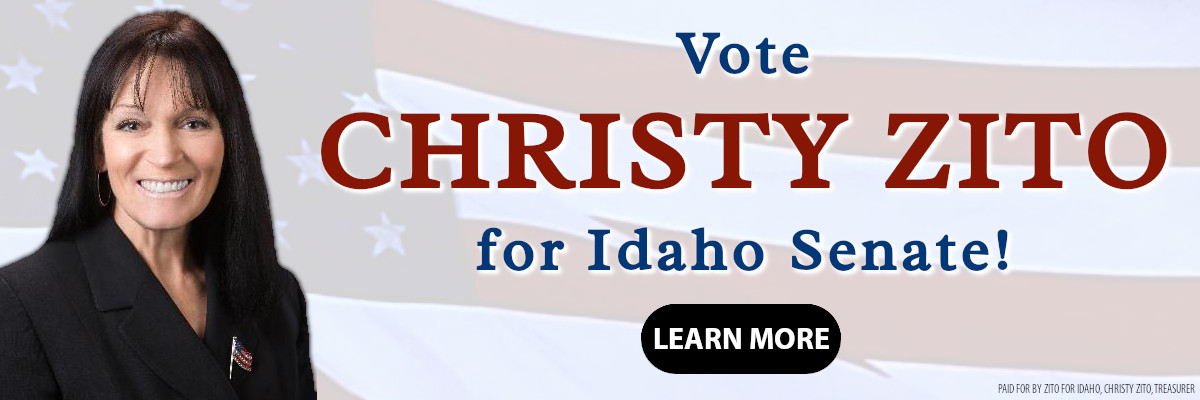

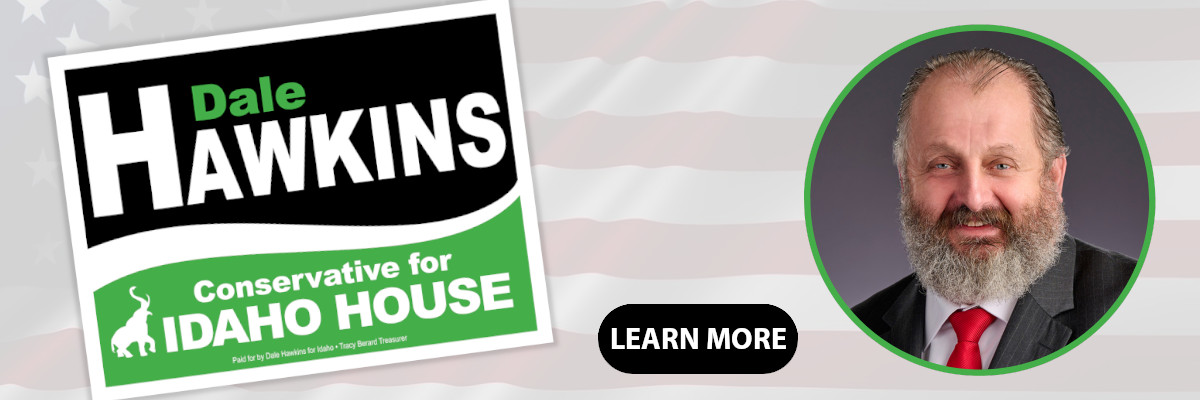
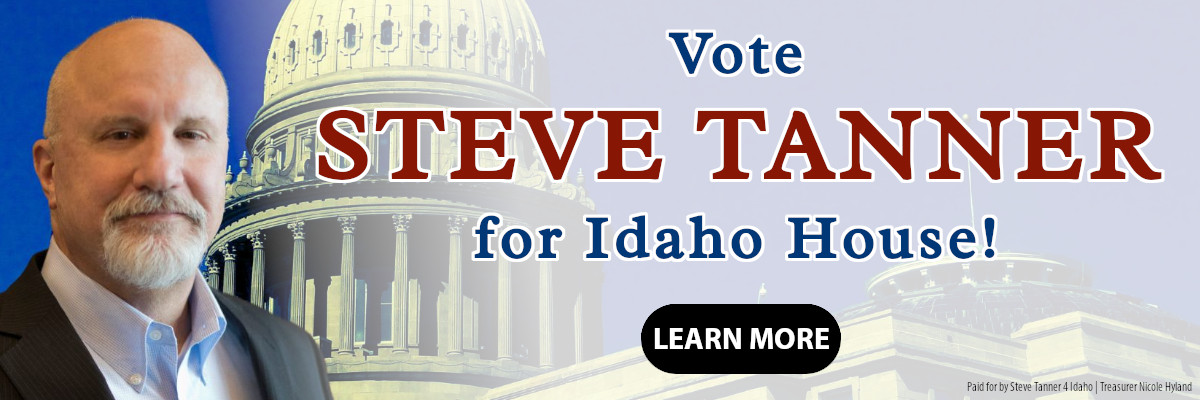
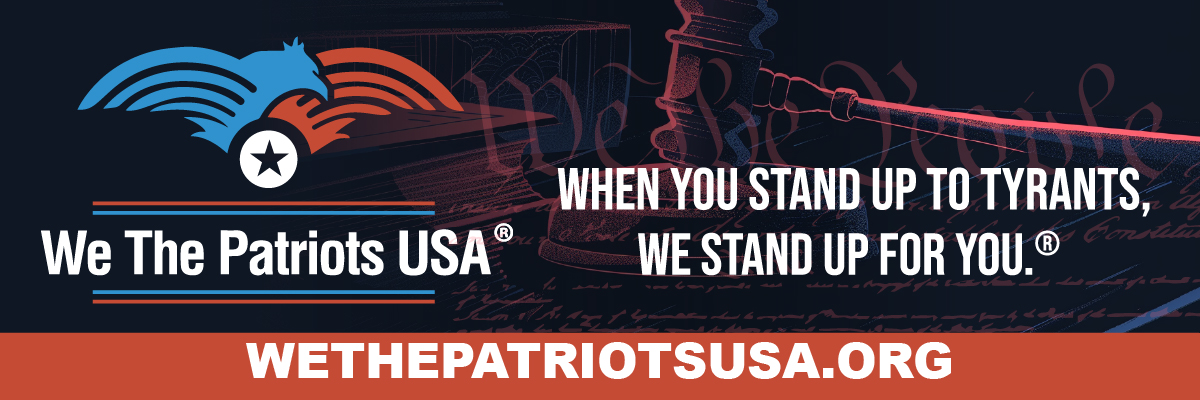



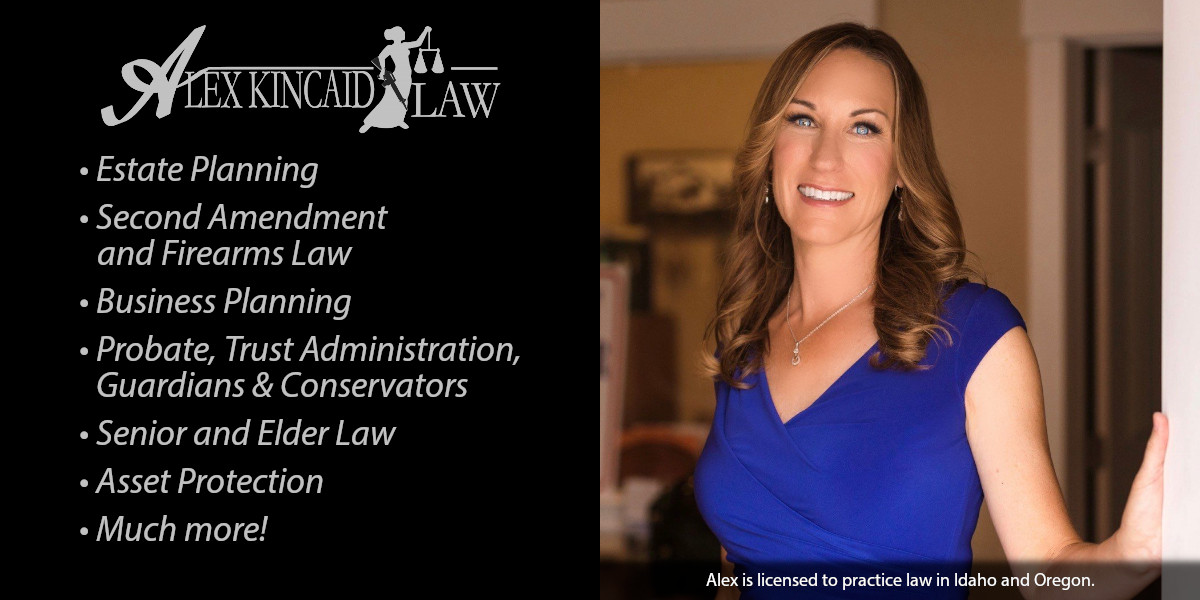






Student debt is the individual’s choice no matter what the outcome.
This individual’s debt shall remain their debt until paid in full and shall not be the burden of another person.
The most damning line came from Nancy Pelosi herself and was quoted in the majority opinion: “People think that the President of the United States has the power for debt forgiveness. He does not. He can postpone. He can delay. But he does not have that power. That has to be an act of Congress.”
It is a joke that Sotomayor or Brown even sit on the Supreme Court as neither is even remotely qualified for such a post. (Sotomayor couldn’t even get the ABA’s lowest qualification. Brown couldn’t define “woman” during Senate questioning.) And when one read’s the “dissent” with an objective eye, one can see right through the ridiculous arguments being made.
Again, the liberal activist justices show their stripes and expose their complete disdain for the actual rule of law.
“Some 20 years ago, Congress enacted legislation, called the HEROES Act, authorizing the Secretary of Education to provide relief to student-loan borrowers when a national emergency struck.”
“National Emergency”… that’s the core right there. Allowing unelected bureaucrats to unilaterally rewrite federal law, nullify legal contracts and impose debt / tax burdens on the American taxpayer without passing a single line of legislation… based on a declared “emergency”.
The day Obama’s enforcer Rahm Emmanuel said “never let a good emergency go to waste”, he said the quiet part out loud and told the world exactly what the blueprint is for reshaping society the way the progressives see fit. We simply move from one damned “emergency” to the next, and use said “emergency” to grow and grow and grow government power. For a critical cog in the system of checks and balances, which is what a SCOTUS justice is supposed to be, to simply defer all matters of law and constitutionality to the whim of a bureaucrat under the blanket cover of any declared emergency tells you they have NO BUSINESS being on the court.
The left pitches fits on a daily basis about SCOTUS decisions, but the tantrums are consistently because conservative justices actually allow or strike down a law based on the CONSTITUTIONALITY of that law. The left’s wants justices that do exactly what these three frauds do every time… ignore the law and ignore the constitution whenever they feel it advances the agenda they want put forward.